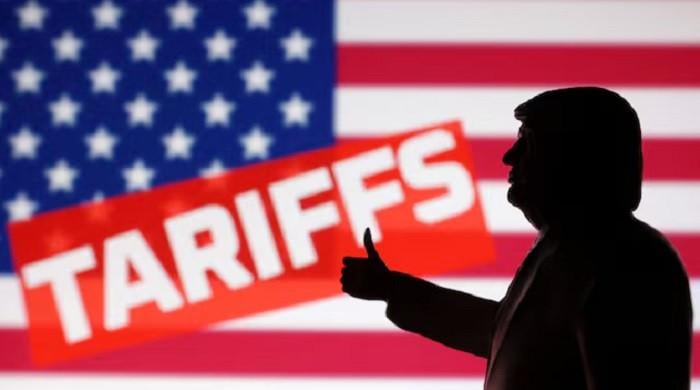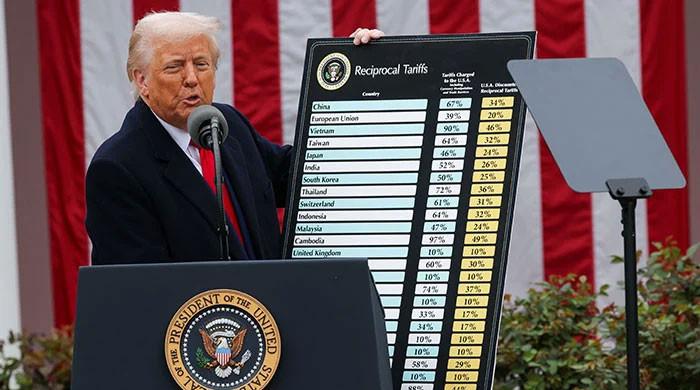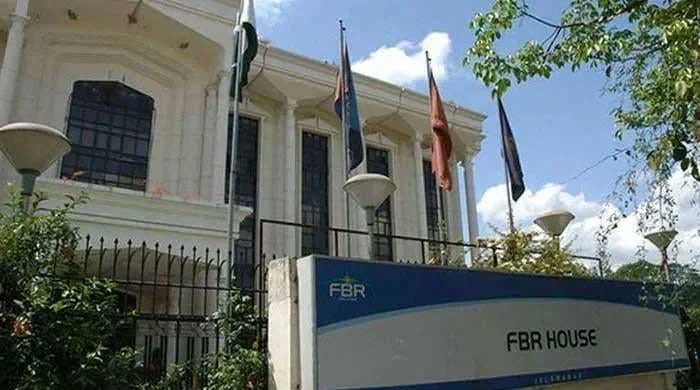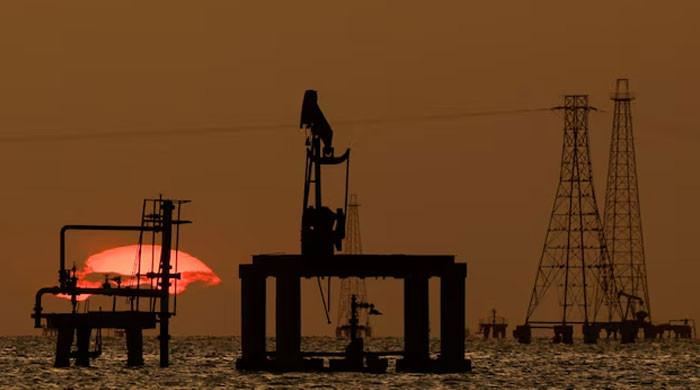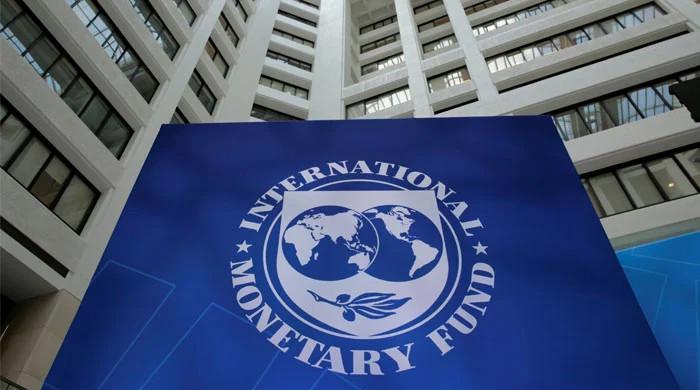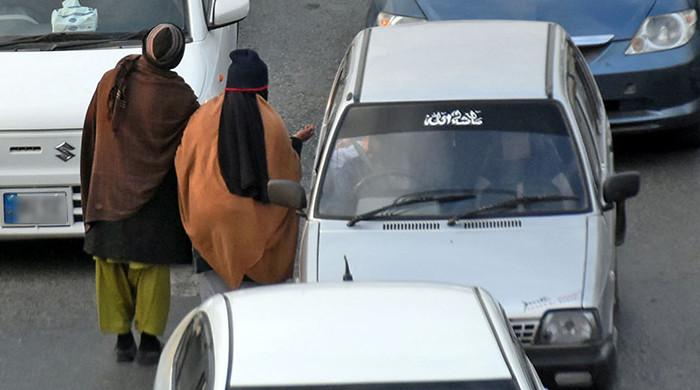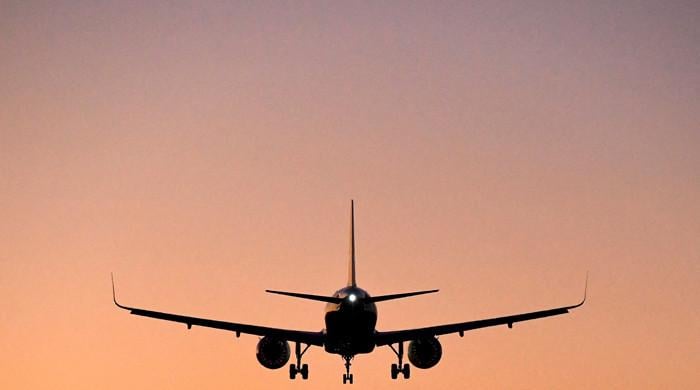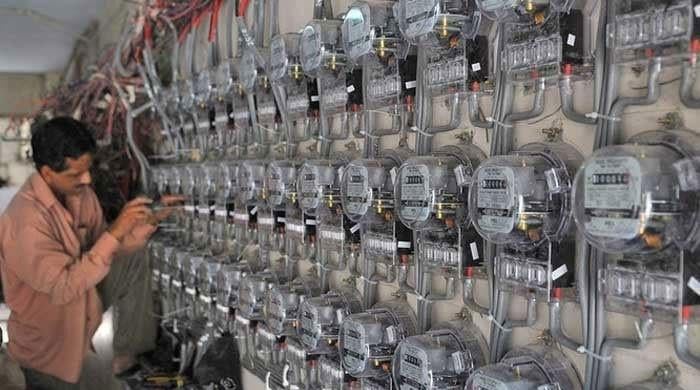Keeping receipts?
The government of Pakistan raised an estimated Rs1,500 billion to “address the adverse impact of the Covid-19 pandemic.”
May 30, 2021
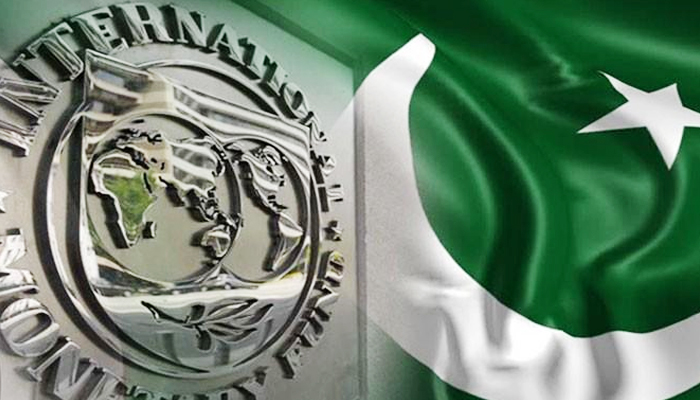
The government of Pakistan raised an estimated Rs1,500 billion to “address the adverse impact of the Covid-19 pandemic.” In March 2020, PM Imran Khan chaired the cabinet meeting which granted approval to a Rs1,200 billion package for mitigating the effects of Covid-19.
In April 2020, the IMF “approved the disbursement of $1.386 billion under the Rapid Financing Instrument to address the economic impact of the Covid-19 shock.” The same month, The World Bank’s Board of Executive Directors approved $153 million for Pakistan to tackle Covid-19. In May 2020, the European Union ambassador “offered aid worth 150 million Euros to assist Pakistan in combating the novel coronavirus.” In June 2020, the secretary of the Economic Affairs Division and the Asian Development Bank country director signed a $300 million agreement to strengthen Pakistan’s public health response to the novel coronavirus disease pandemic…”
The IMF’s Spring 2020 Fiscal Monitor “called on governments ‘to do what it takes’ in launching emergency measures to address the adverse impact of the COVID-19 pandemic ‘but to keep the receipts.” Has the government of Pakistan ‘kept the receipts’? The IMF further argued that “ensuring fiscal transparency, public accountability, and institutional legitimacy are the main pillars of ‘keeping the receipts’”. Has the government of Pakistan ‘kept the receipts’?
On February 16, the IMF staff and Pakistan reached a staff-level agreement. In that agreement, the government of Pakistan assured the IMF that it was “moving forward with the audits of contracts awarded for Covid-19 related spending.” The government committed to the IMF that the auditor general of Pakistan (AGP) would “perform the ex-post audit of procurements of COVID-related supplies and social payments by end-April.”
The government of Pakistan had further committed to “timely publication of awarded contracts and beneficial ownership information of bidding and awarded legal persons on a central and publicly accessible website of the Public Procurement Regulatory Agency by end-April.” Has our government been keeping all the receipts’?
If the AGP’s office is to be believed, the audit has been completed. If the AGP’s office is to be believed, they have “found serious violations of procurement rules and regulations, and instances of poor management of the prime minister’s Rs1,200 billion relief package.” If the AGP’s office is to be believed, they have “unearthed serious irregularities in expenditures.” Has our government been keeping all the receipts’?
The fact is that the ex-post audit of procurements of Covid-related supplies and social payments has not been made public. According to the IMF, “Emergency situations can offer a fertile ground for vested interests to use public funds for private gain, making it critical that vulnerability to corruption and misuse be recognized and mitigated.” The IMF adds that “in 2015, the Sierra Leone auditor general released an audit of domestic donations made to the government for the Ebola relief effort providing evidence of mismanagement by public officials in the distribution of these funds. Payments for supplies and sensitization efforts were duplicated and undocumented, money was paid out to private individuals rather than to organizations and procurement procedures were widely disregarded.”
Rs1,500,000,000,000. That’s an average of Rs50,000 for each and every Pakistani family. That’s Rs300 billion more than our annual defence budget. That’s Rs500 billion more than what the government spends on education. That’s Rs1,000 billion more than what the government spends on health. As per the IMF’s advice, “The full emergency support package-budgetary as well as extra-budgetary measures-should be presented, debated and authorized by parliament.” Has our government ‘kept all the receipts’?
The writer is a columnist based in Islamabad.
Email: [email protected] Twitter: @saleemfarrukh
Originally published in The News




